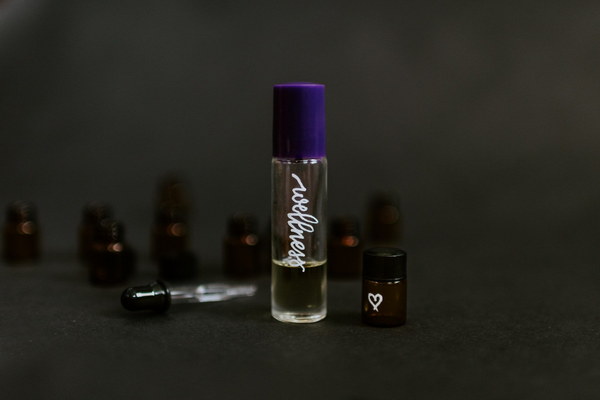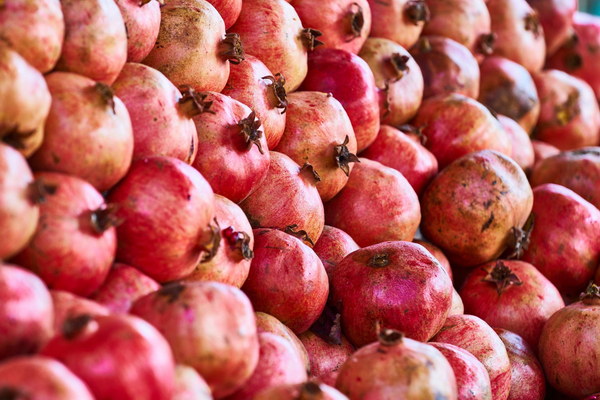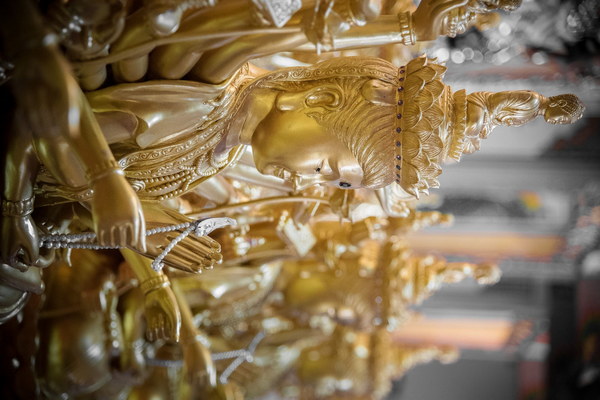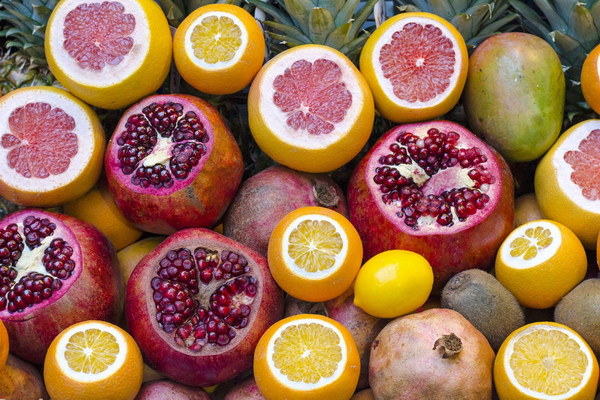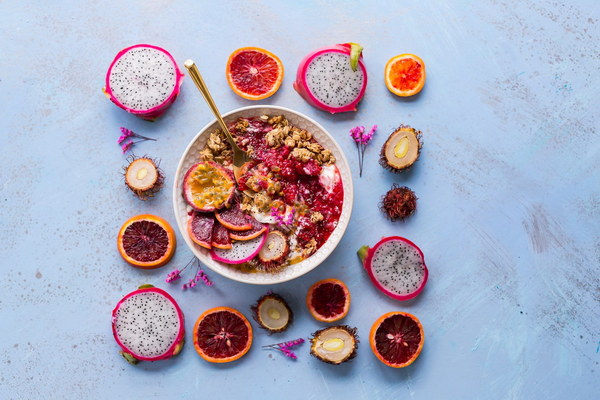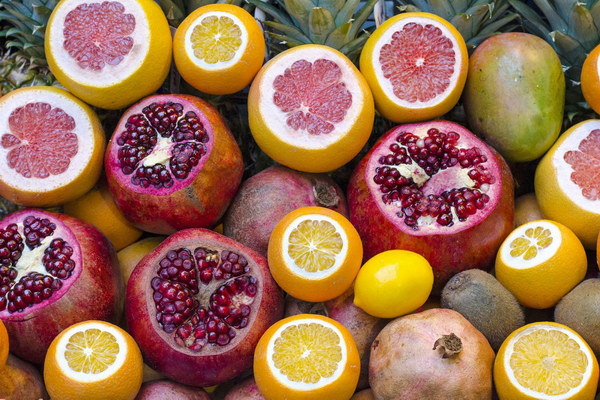Magnolia officinalis The Ancient Chinese Herb Unveiling the Secret to Anti-Aging
In the realm of traditional Chinese medicine, there are numerous herbs and plants that have been used for centuries to promote health and longevity. Among these, Magnolia officinalis, also known as the Chinese magnolia, has been a favorite for its remarkable anti-aging properties. This mystical herb has captured the attention of both ancient sages and modern scientists, who have been intrigued by its potential to combat the signs of aging. In this article, we will delve into the fascinating world of Magnolia officinalis and its anti-aging prowess.
Magnolia officinalis is a deciduous tree that belongs to the Magnoliaceae family. It is native to China and has been widely cultivated in various parts of the world. The tree produces beautiful white flowers and aromatic bark, which have been utilized in traditional Chinese medicine for their therapeutic properties. The most prized part of this herb is the bark, which is rich in bioactive compounds that contribute to its anti-aging effects.
One of the key components of Magnolia officinalis is honokiol, a natural compound that has been extensively studied for its potential health benefits. Honokiol has been found to possess antioxidant, anti-inflammatory, and neuroprotective properties, making it a valuable ingredient in anti-aging products. Antioxidants help combat the harmful free radicals that damage cells and accelerate the aging process, while anti-inflammatory agents can reduce the risk of chronic diseases and improve overall health.
The anti-aging properties of Magnolia officinalis can be attributed to several mechanisms of action:

1. Skin Health: The antioxidant and anti-inflammatory properties of honokiol help protect the skin from environmental damage, such as UV radiation and pollution. This, in turn, can reduce the appearance of wrinkles, fine lines, and age spots, leading to a more youthful and radiant complexion.
2. Cognitive Function: Magnolia officinalis has been shown to improve cognitive function and protect against neurodegenerative diseases such as Alzheimer's and Parkinson's. This is due to the herb's ability to enhance brain circulation, reduce inflammation, and increase the production of neurotrophic factors.
3. Metabolic Health: The anti-inflammatory effects of honokiol can help regulate blood sugar levels, reduce the risk of type 2 diabetes, and promote a healthy metabolism. This, in turn, can contribute to weight management and overall health.
4. Stress Reduction: Magnolia officinalis has been found to have calming and relaxing effects, which can help reduce stress levels. Chronic stress is known to accelerate the aging process, so managing stress can have a positive impact on longevity.
In addition to these benefits, Magnolia officinalis has been used in traditional Chinese medicine to treat various conditions, such as anxiety, insomnia, and gastrointestinal disorders. Its holistic approach to health has made it a popular choice among those seeking a natural way to combat the signs of aging.
While the use of Magnolia officinalis as an anti-aging herb has a long-standing history, modern research continues to support its efficacy. Clinical studies have shown that honokiol can be effective in reducing stress, improving cognitive function, and promoting skin health. Moreover, the safety profile of this herb is promising, with minimal side effects reported when used in appropriate dosages.
In conclusion, Magnolia officinalis is an ancient Chinese herb that holds the secret to anti-aging. Its unique blend of bioactive compounds, including honokiol, offers a holistic approach to promoting health and longevity. Whether you're looking to improve your skin, cognitive function, or overall well-being, Magnolia officinalis may be the key to unlocking the fountain of youth.
